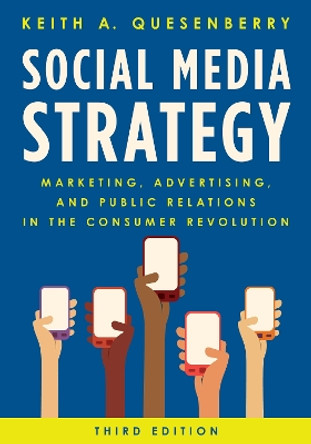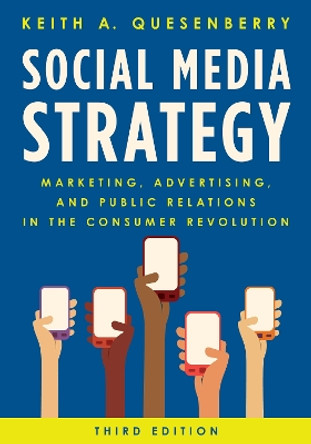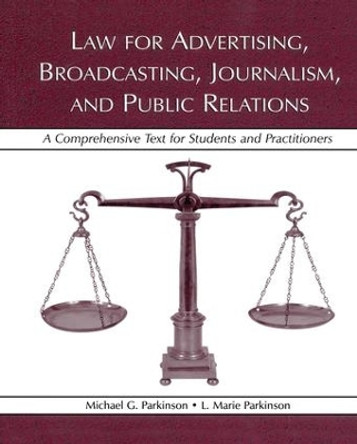Description
Inger L. Stole examines how consumer activists sought to limit corporate influence by rallying popular support to moderate and change advertising. Stole weaves the story through the extensive use of primary sources, including archival research done with consumer and trade group records, as well as trade journals and engagement with the existing literature. Her account of the struggle also demonstrates how public relations developed in order to justify laissez-faire corporate advertising in light of a growing consumer rights movement, and how the failure to rein in advertising was significant not just for civic life in the 1930s but for our era as well.
The dynamic relationship between Depression-era consumer rights groups and advertisers
About the Author
Inger L. Stole is a professor in the Department of Communication at the University of Illinois at Urbana-Champaign. She is the author of Advertising at War: Business, Consumers, and Government in the 1940s and coeditor of A Moment of Danger: Critical Studies in the History of U.S. Communication since World War II.
Reviews
"Inger L. Stole has written a compelling history of the substantive consumer movement in the 1930s the pushed for Congressional regulations on advertising. . . . and illuminates an important historical struggle here that stands on its own, delivering a strong argument about activism and power that has human and democratic implications for society." --American Journalism
"Explores a both fascinating and important period in American advertising and public relations. . . . Readable and insightful study."--Communication Booknotes Quarterly
"An important contribution to the exciting field of consumer history. . . . Stole's meticulously researched study reminds us that the ascendancy of advertising as a dominant institution in American society was not without significant resistance."--Business History Review
"Well grounded in primary and secondary sources, this work makes an original contribution in arguing that the central role of advertising in the US economy justifies public policy debate of the need for accurate, honest advertising now as in the 1930s, and for the radicalism of consumer movement attempting to rein in advertising. Highly recommended."--Choice
"That history [of commercial advertising] is told in Inger L. Stole's carefully researched and well-written story of the struggles among consumer advocates, advertisers, and government agencies over what federal legal constraints should apply to deceptive ads, especially for life-threatening products. . . . Both historians of consumer culture and activists who would undertake a new consumer movement will find Stole's book useful."--Journal of American History
"By examining the records of leading consumer movement groups and advertising associations, as well as key business journals like Printers' Ink and Advertising Age, [Stole] skillfully depicts an intense battle over the responsibilities of advertising in American society, waged both in the halls of Congress and the court of public opinion. . . . An important contribution to the study of American consumerism."--American Historical Review
Book Information
ISBN 9780252072994
Author Inger L. Stole
Format Paperback
Page Count 312
Imprint University of Illinois Press
Publisher University of Illinois Press
Dimensions(mm) 229mm * 152mm * 20mm










